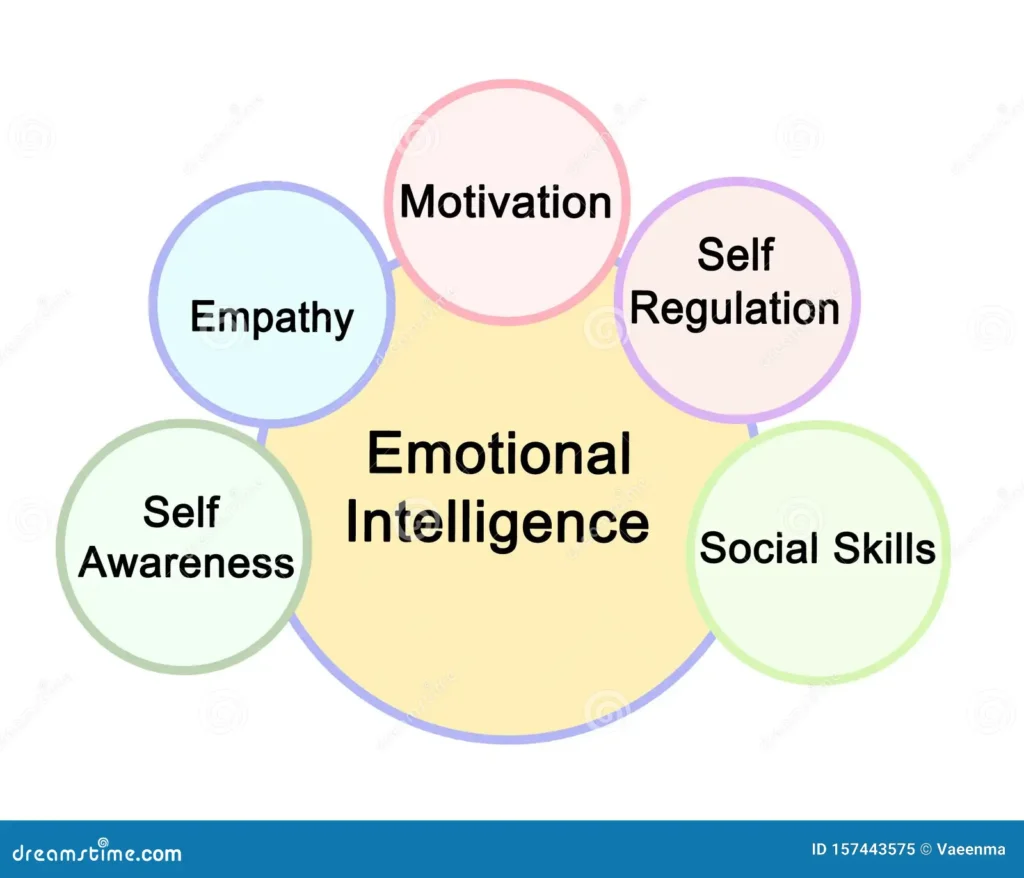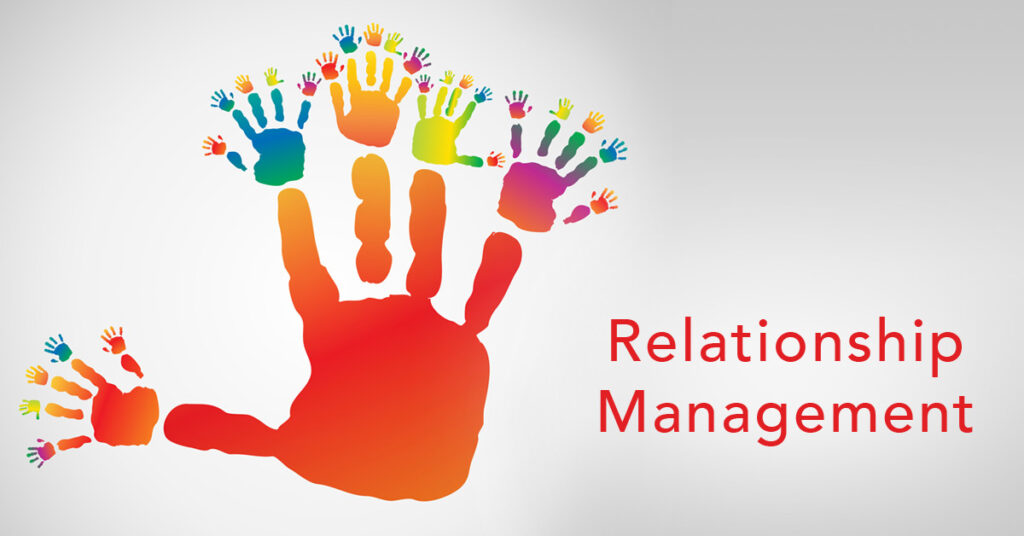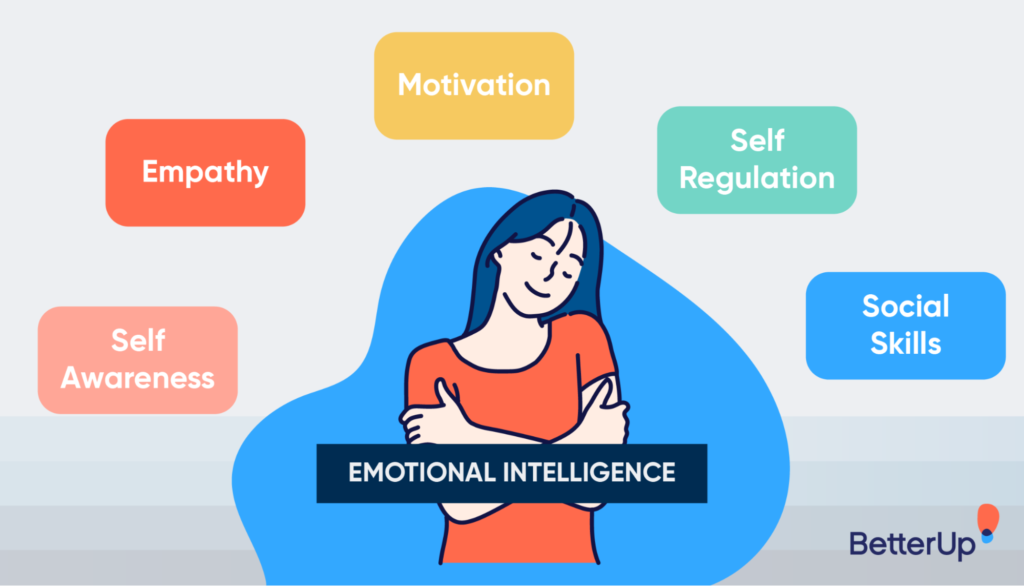Emotional intelligence, often abbreviated as EQ, is the ability to understand, use, and manage your own emotions in positive ways to relieve stress, communicate effectively, empathize with others, overcome challenges, and defuse conflict. It helps you build stronger relationships, succeed at school and work, and achieve your career and personal goals.
What is Emotional Intelligence (EQ)?
While IQ measures your intellectual abilities, EQ focuses on your emotional capabilities. It’s about recognizing your emotions, understanding how they influence your behavior, and managing them effectively. Additionally, EQ involves perceiving the emotions of others, responding appropriately, and building strong relationships.
The Importance of EQ in Today’s World
In an increasingly complex and interconnected world, EQ has become more crucial than ever. It’s the key to success in both personal and professional life. People with high EQ tend to be more resilient, adaptable, and empathetic. They build stronger relationships, resolve conflicts effectively, and achieve greater job satisfaction.
EQ vs. IQ: Which Matters More?
While IQ is essential for problem-solving and learning, research suggests that EQ might be a better predictor of success. High-IQ individuals without emotional intelligence often struggle in interpersonal relationships and leadership roles. On the other hand, those with high EQ can overcome challenges, build strong teams, and achieve their goals more effectively.
The Components of Emotional Intelligence

Emotional intelligence encompasses several key components:
- Self-awareness: Recognizing your own emotions and how they influence your behavior.
- Self-regulation: Managing your emotions effectively and responding appropriately.
- Motivation: Directing your emotions towards achieving your goals.
- Empathy: Understanding and sharing the feelings of others.
- Social skills: Building and maintaining strong relationships.
EQ and Self-Awareness
The journey to intelligence begins with self-awareness. Understanding your emotions, strengths, weaknesses, and values is crucial. It helps you recognize patterns in your behavior and make conscious choices. Practices like mindfulness and journaling can enhance self-awareness.
The Power of Self-Regulation
Self-regulation is about managing your emotions effectively. It involves controlling impulsive behaviors, responding calmly to stress, and bouncing back from setbacks. Techniques like deep breathing, meditation, and time management can help you develop self-regulation.
Motivation: The Fuel for Success
Emotional intelligence plays a significant role in motivation. It involves setting realistic goals, maintaining a positive outlook, and finding intrinsic rewards. By understanding your values and passions, you can harness your emotions to drive you towards your objectives.
Empathy: Understanding Others
Empathy is the ability to understand and share the feelings of others. It involves actively listening, perspective-taking, and responding with compassion. Empathy builds stronger connections, improves communication, and fosters collaboration.
Building Strong Relationships with EQ

Emotional intelligence is essential for building and maintaining strong relationships. It involves active listening, effective communication, and conflict resolution. By understanding and responding to the emotions of others, you can create deeper connections and build trust.
EQ in the Workplace
Emotional intelligence is a valuable asset in the workplace. It helps you build rapport with colleagues, resolve conflicts, and lead effectively. Employees with high EQ are often more productive, engaged, and satisfied with their jobs.
Leadership and Emotional Intelligence
Effective leaders possess high intelligence. They inspire and motivate their teams, build trust, and create a positive work environment. Leaders with EQ can make sound decisions, manage change, and handle challenges with resilience.
Emotional Intelligence and Mental Health
Emotional intelligence is closely linked to mental health. By understanding and managing your emotions, you can reduce stress, anxiety, and depression. EQ also helps you build resilience and cope with life’s challenges.
Overcoming Challenges with EQ
Emotional intelligence equips you to overcome challenges with grace and resilience. It helps you maintain a positive outlook, learn from setbacks, and find creative solutions. By understanding your emotions, you can channel them into constructive actions.
The Role of EQ in Personal Growth
Emotional intelligence is a cornerstone of personal growth. It helps you develop self-awareness, build resilience, and cultivate meaningful relationships. By investing in your emotional intelligence, you can unlock your full potential and live a more fulfilling life.
Developing Your Emotional Intelligence

Developing emotional intelligence is a lifelong journey. It requires self-reflection, practice, and a willingness to learn. There are various resources available, including books, workshops, and online courses, to help you enhance your EQ.
Practical Tips for Improving EQ
- Practice mindfulness and meditation.
- Develop active listening skills.
- Seek feedback from others.
- Set realistic goals and celebrate achievements.
- Build a strong support system.
- Embrace challenges as opportunities for growth.
The Impact of EQ on Relationships
Emotional intelligence is the foundation of strong relationships. It allows you to connect with others on a deeper level, build trust, and resolve conflicts effectively. By understanding and responding to the emotions of your partner, friends, and family, you can create lasting bonds.
EQ and Decision Making
Emotional intelligence plays a crucial role in decision-making. It helps you weigh options, consider the potential consequences, and make choices aligned with your values. By understanding your emotions and those of others, you can make more informed and effective decisions.
Emotional Intelligence and Stress Management
Emotional intelligence is essential for managing stress. It helps you identify stress triggers, develop coping mechanisms, and maintain a positive outlook. By understanding your emotional responses to stress, you can build resilience and reduce its impact on your well-being.
Cultivating a Positive Mindset with EQ
Emotional intelligence is closely linked to a positive mindset. By focusing on gratitude, optimism, and resilience, you can improve your overall well-being. A positive mindset empowers you to overcome challenges and achieve your goals.




